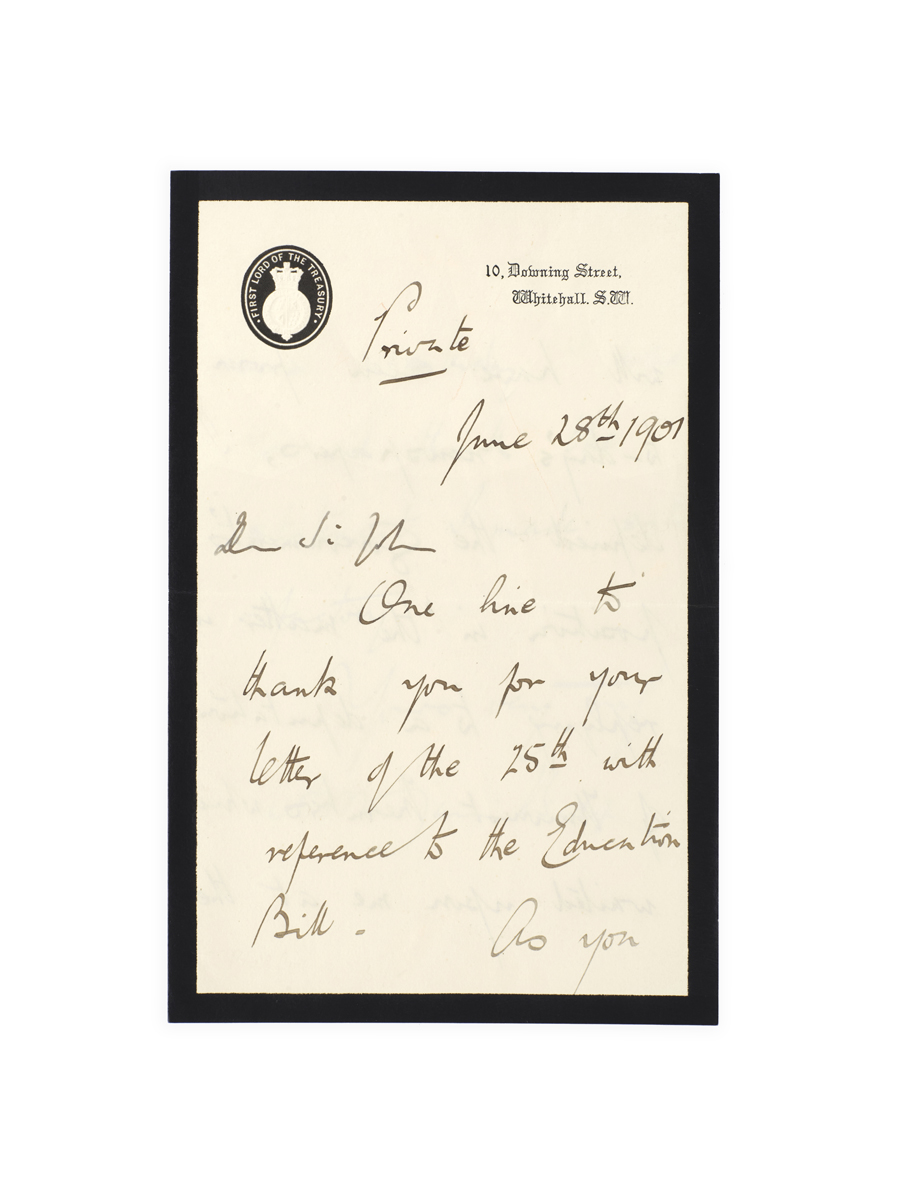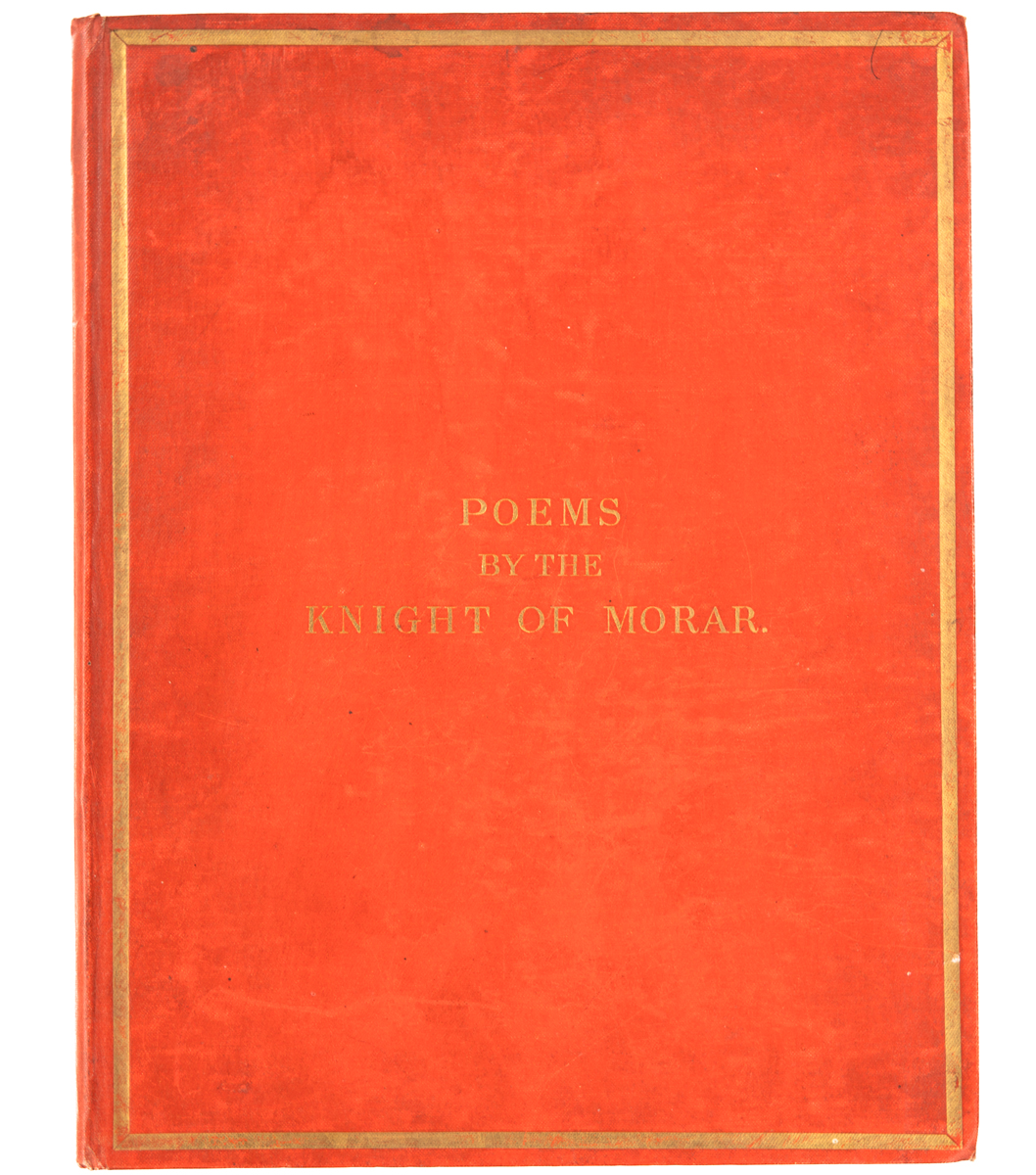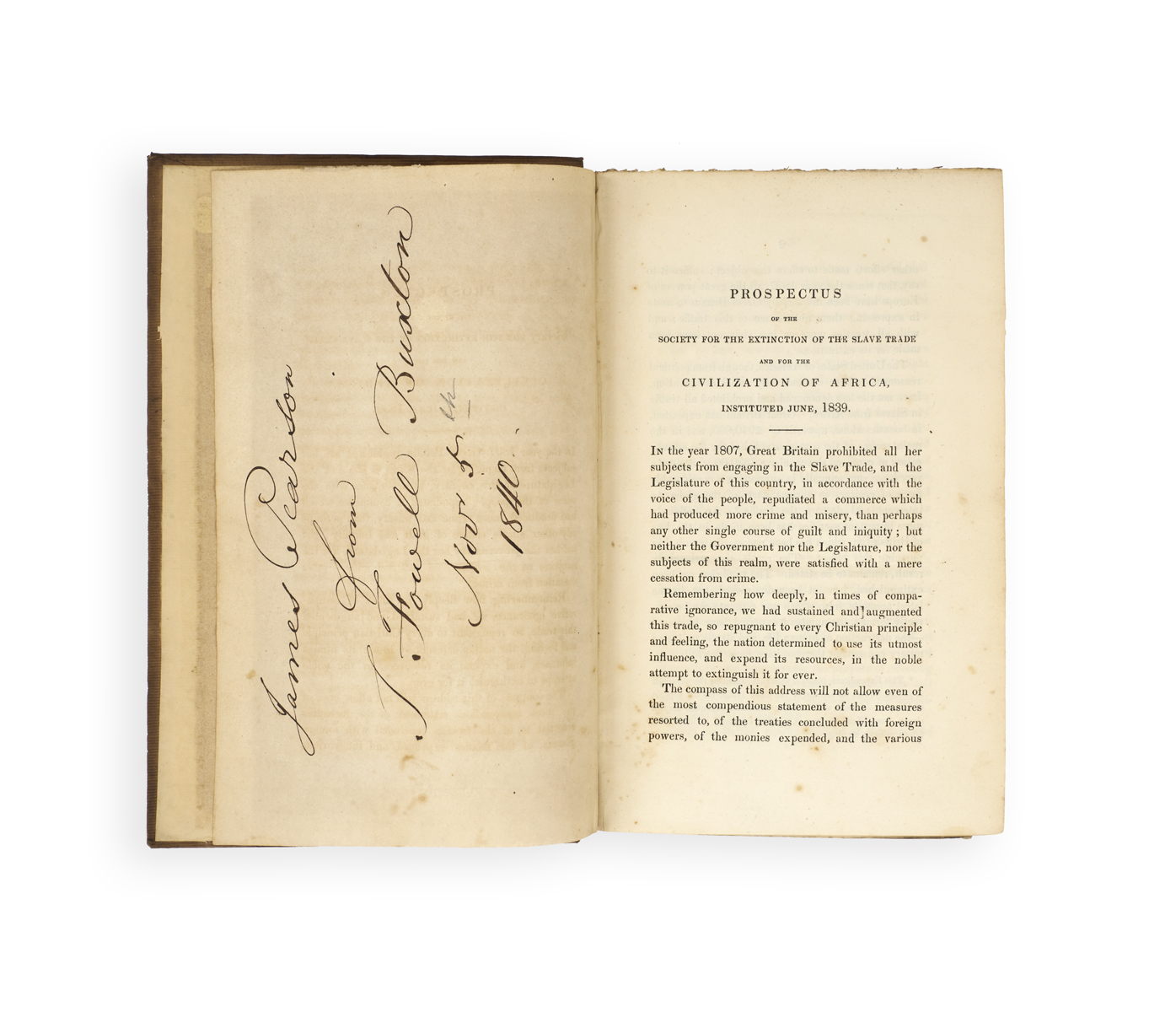
BALFOUR, Arthur James, first Earl of Balfour.
Letter, signed, to ‘Sir John’.
London, 10 Downing Street, 28 June 1901.
8vo bifolium (187 x 121 mm), pp. [3]; paper embossed ‘10 Downing Street, Whitehall. S.W.’ and ‘First Lord of the Treasury’; sometime folded, in excellent condition.
A letter from Arthur Balfour, as first lord of the Treasury, concerning what would become perhaps his greatest achievement, the Education Act of 1902.
Marked ‘Private’ and addressed to ‘Dear Sir John’ (probably Sir John Gorst), Balfour thanks him for his letter of 25 June regarding the Education Bill. ‘As you will have seen from today’s newspapers, I defined the Government’s position in the matter in replying to a deputation of Unionist Members which waited upon me at the House yesterday. I hope you will think the statement I made satisfactory’.
‘Sir John Gorst, of Fourth Party antecedents, was the minister (without cabinet rank) in charge of the bill of 1896. This resembled the Education Bill eventually passed by Balfour, but it was largely restricted to primary education. It proposed a national system of education committees for all of England and Wales, appointed by the county and borough councils, to replace the existing patchwork. Balfour intimated: “I shall be content if we succeed in saving the Voluntary Schools: I shall not be content if we fail in this object” (Mackay, Balfour). He wanted no complications, yet such were the resentments aroused by the bill that Balfour’s parliamentary skills were overborne. The bill was swamped at the committee stage with hundreds of amendments regarding the arrangements for religious instruction. Balfour consequently harboured no desire to be further involved in the question of state schools.
However, in 1901 the attempts of the school boards to provide some education beyond the elementary level were shown to be illegal. A major bill to provide for a national system of primary and secondary education could no longer be easily avoided, whatever the political pitfalls entailed. The duke of Devonshire, as lord president of the council, had the chief ministerial responsibility, but it was clear that only the reluctant Balfour was capable of piloting it through the House of Commons’ (ODNB). Letters written in Balfour’s own hand are rare on account of his ‘lifelong antipathy to the physical process of handwriting’ (ibid.).

